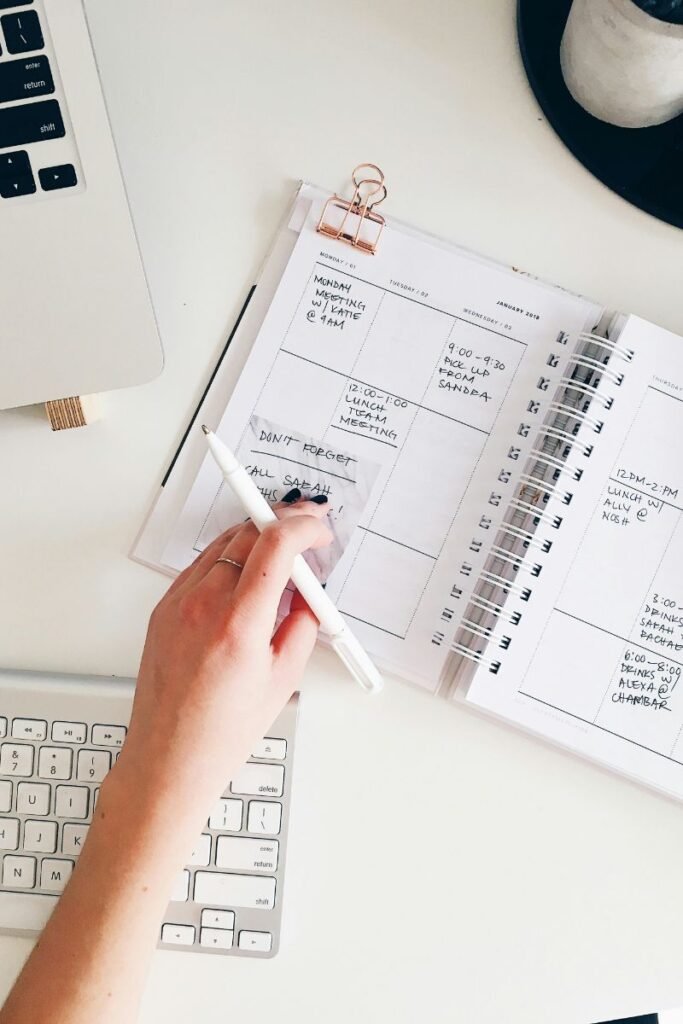Entering your 20s can be an exhilarating transition, it’s a decade bursting with opportunities for growth and self-discovery. As you navigate through this significant period of your life, equipping yourself with a versatile set of life skills can make all the difference. From managing personal finances to honing effective communication, the abilities you cultivate now lay the groundwork for future success and happiness.
Think of your 20s as the prime time for building a robust foundation for the rest of your life. It’s about learning how to cope with stress, connect with others, and set the stage for a fulfilling career and personal life. As you move through these formative years, remember that every skill learned is a stepping stone to a more confident and capable you. The lessons you pick up along the way are not just about survival—they’re about thriving in an ever-changing world.
By exploring various life-changing skills, such as understanding mental health or the importance of living on a budget, you’re doing more than just adulting. You’re setting yourself up for a richer, more balanced life where you can chase your dreams with vigor and resilience. Embrace this vibrant decade with curiosity and openness to learn, and you’ll find the journey can be as rewarding as the destinations you’re working toward.
Financial Responsibility

Achieving financial responsibility in your twenties paves the path for a secure and flexible financial future. Mastering this involves understanding and managing your money wisely across several core areas.
Budgeting and Saving
Creating a budget is the first step to financial responsibility. Track your income and expenses to understand your spending habits, and prioritize saving. Aim to save a portion of your income every month, whether it’s for an emergency fund or future investments.
- Income: List all sources of income
- Expenses: Categorize expenses (e.g., housing, food, entertainment)
- Savings Goal: Set a target amount to save monthly
Understanding Taxes
You must know how taxes affect your income. Learn about deductions and credits that can reduce your tax liability. Remember to file your taxes accurately and on time to avoid penalties.
- Deductions: Identify which ones you can claim
- Credits: Understand how they work and if you’re eligible
Investing Basics
Start learning about investing to grow your wealth over time. Educate yourself on different investment options and understand the risks involved. Consider setting financial goals and working with a financial advisor.
- Stocks
- Bonds
- Mutual Funds
- Retirement Accounts (e.g., 401(k), IRA)
Debt Management
Manage any debts you have—student loans, credit cards, or mortgages—by understanding the terms and interest rates. Make timely payments to maintain a good credit score, and consider debt-repayment strategies like the snowball or avalanche methods.
- Interest Rates: Know how much you’re paying
- Payment Schedule: Stay on top of your payment due dates
Career Development

In your 20s, focusing on career development is crucial as it lays the foundation for your future. It’s about acquiring skills that elevate your professional value and forging connections that expand your career opportunities.
Continuous Learning
You should never stop learning. Whether it’s learning to code to stay relevant in the digital age or pursuing certification courses to deepen your expertise, continuous learning keeps you competitive and adaptable in a fast-evolving job market.
- Take online courses
- Attend workshops and seminars
Networking
Building a strong network can open doors to new opportunities and insights. Your 20s are a perfect time to start attending industry events and using platforms like LinkedIn to connect with professionals.
- Join professional associations
- Reach out to mentors and peers
Personal Branding
Personal branding is crafting and communicating your professional identity. It’s about showcasing your unique skills and experiences that make you stand out in the job market.
- Create a professional online presence
- Share your achievements and expertise via blogging or participating in industry discussions
Personal Wellbeing
Personal wellbeing in your 20s sets the foundation for your future. It’s crucial to balance physical health, mental health, and relationship building to navigate life’s challenges successfully.
Physical Health
Your body is like a high-performance vehicle that requires regular maintenance. For optimal physical health, ensure a balanced diet, incorporate a mix of cardiovascular and strength training into your routine, and prioritize sleep. Monitoring signs of burnout and stress can help prevent long-term health issues.
Mental Health
Cultivate your mental wellbeing by identifying and managing your emotions. Engage in activities that promote mental clarity, such as mindfulness or journaling, and educate yourself about mental health through trustworthy books and courses. Knowing when to seek professional support is also a key aspect of sustaining good mental health.
Relationship Building
Building and maintaining strong relationships are about more than just networking; it’s about deepening connections and developing emotional intelligence. Work on improving your communication skills, showing empathy, and setting boundaries to foster healthy personal and professional relationships. Remember, strong relationships are built on a foundation of mutual respect and understanding.
Practical Life Skills

Mastering practical life skills in your 20s sets a solid foundation for your personal growth and independence. You’ll be better equipped to tackle everyday challenges with confidence and efficiency.
Cooking Fundamentals
Understanding the basics of cooking not only allows you to nourish yourself with healthy meals but also saves you money. Begin with learning how to prepare simple and balanced meals, including how to properly cook meats, create a variety of sauces, and how to season your dishes. Establishing a repertoire of recipes ensures you won’t be reliant on takeouts.
- Learn to Cook:
- Boil eggs
- Steam vegetables
- Grill chicken
Home Maintenance
Keeping your living space in good order is a vital life skill. This includes routine tasks like changing a lightbulb, using cleaning tools appropriately, and understanding how to unclog a drain. Regular upkeep helps prevent costly repairs later and promotes a pleasant living environment.
- Maintenance Checklist:
- Monthly vacuuming
- Annual appliance checks
- Weekly dusting
Time Management
Effective time management helps you meet obligations while also finding time for rest and hobbies. Create a daily schedule or to-do list to avoid procrastination. Set short-term goals to stay motivated and learn to prioritize tasks, distinguishing between what’s urgent and what can wait.
- Time Management Techniques:
- Use a planner
- Prioritize tasks
- Set deadlines

